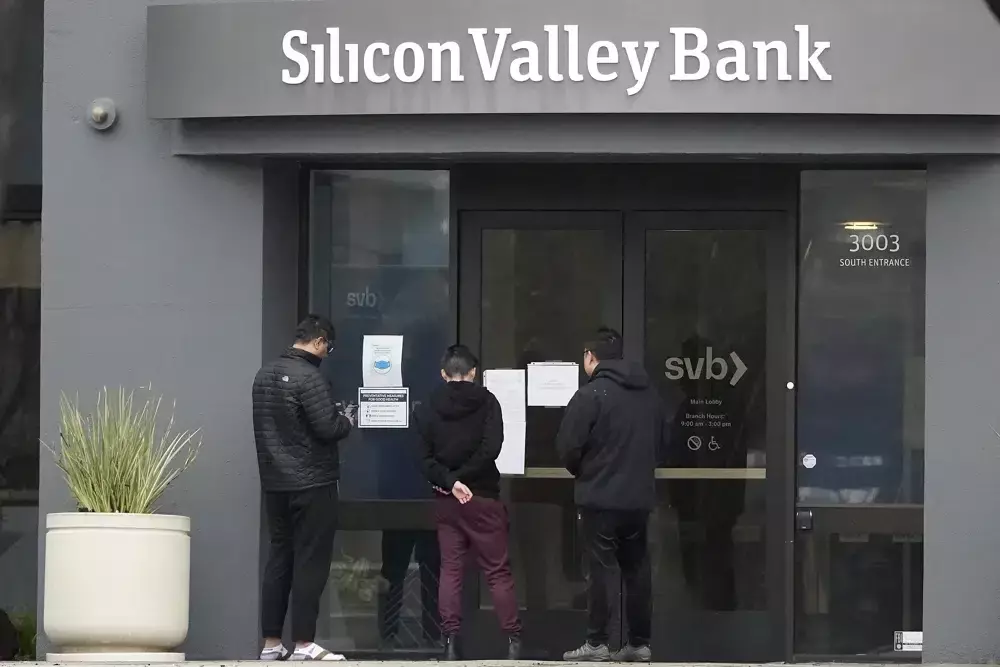
The dramatic implosion of Silicon Valley Bank (SVB) last week could bring the Federal Reserve’s current cycle of interest rate hikes to an end far sooner than many analysts expected.
Traders and analysts who had previously predicted that the Fed would increase the pace of hikes to tackle inflation have now dialed back their expectations, with some saying the U.S. central bank will hold its benchmark rate next week due to the troubles in the banking sector.
Last week’s collapse of SVB and New York-based Signature Bank marked the biggest banking failures since the 2008 global financial crisis.
It has left the Federal Open Market Committee (FOMC) in an unenviable position as it looks to tackle above-target inflation and hot economic data without adding to the ongoing rout of some banking stocks.
Analysts at Goldman Sachs and Wells Fargo now predict the Fed will end its hiking cycle on March 22, while economists at JP Morgan and Oxford Economics see the FOMC voting for a smaller quarter-percentage-point hike.
America’s top finance officials unveiled a series of measures over the weekend aimed at restoring confidence in the banking sector and settling turbulent markets.
The Treasury, Fed, and Federal Deposit Insurance Corporation set out plans to ensure SVB’s customers would be able to access all their deposits in the bank.
Signature Bank would also be “made whole,” they said in a joint statement on March 12.
The Federal Reserve also introduced a new lending tool for banks to try and prevent a repeat of SVB’s swift collapse, when a bad financial report led concerned customers to rapidly withdraw their funds, causing a liquidity crisis.
But while the U.S. has moved to protect customers’ deposits, it won’t be bailing out the bank’s investors, President Joe Biden told reporters on March 13.
“They knowingly took a risk and when the risks didn’t pay off, investors lose their money. That’s how capitalism works,” he said.
March 12’s announcement was well received by the financial markets, with the Nasdaq closing up 0.45 percent on March 13.
But investors continued to shun banking stocks on Monday, and analysts remain concerned about the broader fallout from SVB’s collapse.
“The rapid tightening in financial conditions alongside the uncertainty of the situation makes us lean toward the FOMC taking a pause from its hiking campaign at its upcoming meeting on March 22,” Wells Fargo economists wrote in a recent note to investors.
Those leaning towards a 25-basis-point hike next week, such as JP Morgan’s Michael Feroli, said the Fed should be able to tackle both the uncertainty in the financial markets and above-target inflation.
“If they indeed have used the right tool to address financial contagion risks [time will tell], then they can also use the right tool to continue to address inflation risks, higher interest rates,” he said.